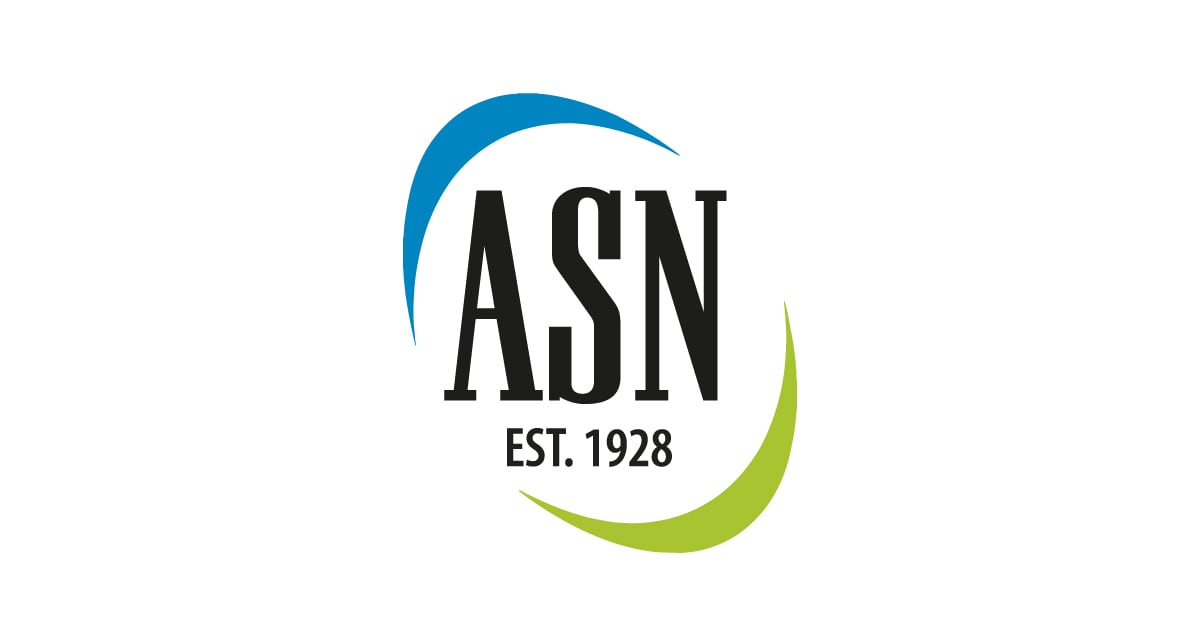 Majid Mufaqam Syed-Abdul, 2018 Mars, Inc. Predoctoral Fellowship Recipient and PhD student at the University of Missouri, Department of Nutrition and Exercise Physiology, School of Medicine
Majid Mufaqam Syed-Abdul, 2018 Mars, Inc. Predoctoral Fellowship Recipient and PhD student at the University of Missouri, Department of Nutrition and Exercise Physiology, School of Medicine
Majid Mufaqam Syed-Abdul received his B. Pharm from Jawaharlal Nehru Technological University in Hyderabad, India and his M.S. in Nutrition and Exercise Science from Southeast Missouri State University. He is currently working as a Graduate Research Assistant at the University of Missouri, Department of Nutrition and Exercise Physiology Lab of Dr. Elizabeth Parks. Majid has been a member of ASN since 2015.
1. How did you first get involved in nutrition science and research?
As a practicing pharmacist, my interest in nutrition grew out of my concern for patients. Compared to pharmaceuticals, food is a safer and better way to treat people. Therefore, I came to the United States to get my master’s degree in nutrition and this is when I first became involved with research in nutrition science.
2. Tell us about your current position and the research activities in which you are involved.
I am currently a 4th-year PhD student in the Laboratory of Dr. Elizabeth Parks at the University of Missouri-Columbia. My dissertation work focuses on understanding the role of de novo lipogenesis (DNL) pathway at different stages of nonalcoholic fatty liver disease. Some of the activities that I am currently involved in include recruiting patients from a Bariatric Surgery Clinic and a Gastroenterology and Hepatology Clinic at the University of Missouri Hospital. My goal is to obtain liver tissue at a time when these individuals are undergoing medical procedures. I also coordinate with the patients before their procedure to administer stable isotopes for the measurement of DNL. Before their procedure, I receive blood samples and perform a FibroScan (a noninvasive technique to measure liver fat). I separate VLDL using an ultracentrifugation method, measure plasma biochemical markers, analyze VLDL-triglycerides fatty acid composition via gas chromatography, and calculate DNL using mass isotopomer distribution analysis (MIDA) with data obtained from gas chromatography/mass spectrophotometry. Besides my lab work, I am also constantly involved in the analysis of data and writing manuscripts for publication.
3. Is there any specific aspect of your research that you are personally passionate about?
I think for me it’s the results. Whether I have data derived from pathology lab reports or data from gas chromatography, I am always excited about the results. My curiosity of finding out the final outcomes always keeps me motivated to accomplish my goals.
4. What aspects of ASN membership have you found most useful professionally?
Two services that I find really helpful as a student are the opportunity for networking and the ability to apply for fellowships from the Society. First, ASN NutriLink has helped me stay connected with peers in Nutrition when I am not at the annual meeting. Second, as a recipient of an ASN Predoctoral Fellowship, I am able to conduct research of my own interest for my dissertation which would not have been possible without this award. Additionally, receiving this fellowship is also a kind of reward and encouragement for me to continue to work in this line of my inquiry. It seems that it is in the latter stages of a doctoral degree when encouragement is most needed. ASN’s support at this precise time in my education has increased my commitment to the field of nutrition.
5. Is there anything else you’d like to tell ASN members, especially students?
I guess, just like everyone else says, if you keep working hard and follow your passion, you will be successful. Try to be realistic and stay current on new developments, and be sure to follow your mentor’s advice, they definitely have more experience and are more far sighted than you are.
[Find out more about ASN’s opportunities for students!]
Majid Mufaqam Syed-Abdul is a Licensed Pharmacist Intern and nutrition researcher whose main focus is on understanding the role of the de novo lipogenesis pathway in nonalcoholic fatty liver disease. Majid has previously worked as Assistant Program Manager for the Stay Strong, Stay Healthy program in the University of Missouri Systems. His research proposal, “Contribution of de novo lipogenesis in severity of nonalcoholic fatty liver disease,” earned the 2018 Mars, Inc. Predoctoral Fellowship.




